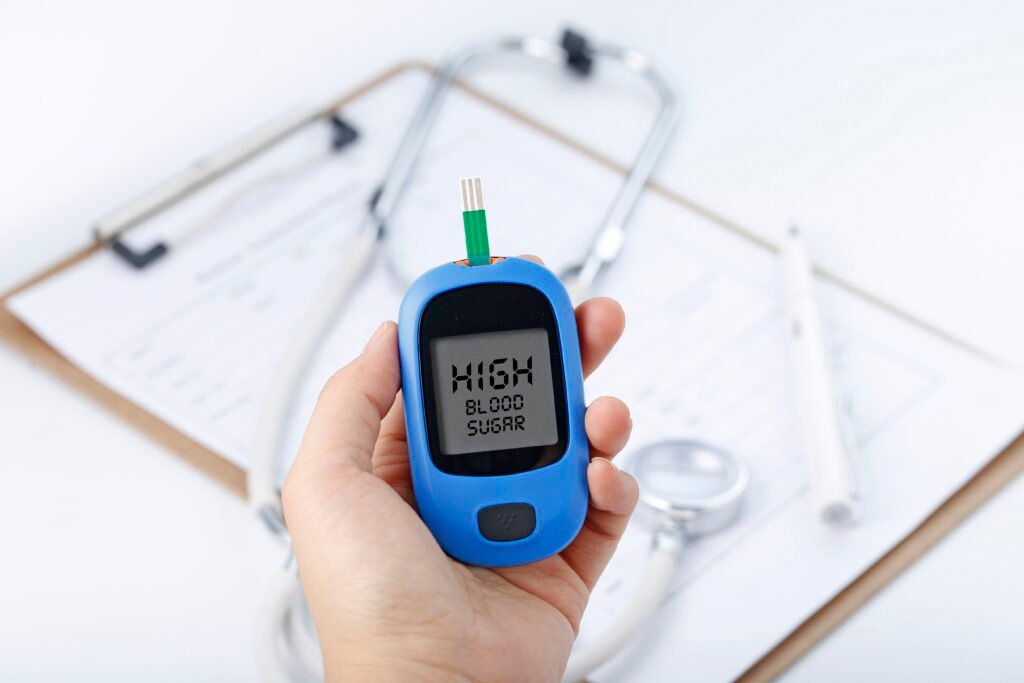No products in the cart.
Over-night Fasting Before Hijama – Wet Cupping Therapy
Over-night fasting before Hijama positively impacts the consequences of cupping therapy. But it is not for everyone.
Hijama cupping therapy involves placing cups on the skin to create suction. The suction improves the flow of energy and facilitates the healing process. The mechanism of cupping therapy works by applying negative pressure on the skin. The negative pressure in the cup increases blood flow, loosens connective tissues, and accelerates the healing process within the body.
According to the Islamic point of view, Our Beloved Prophet Muhammad (P.B.U.H) preferred Hijama with an empty stomach.
Ibn Umar reports Our Prophet(P.B.U.H) saying,
“Hijama(cupping) is the best on an empty stomach. In it Is the cure and a blessing”. [Saheeh Sunan Ibn Maajah (3488)].Abdullah Ibn Abbas said, “Rasool Allah(P.B.U.H) was cupped while he was fasting”. Saheeh al Bukhari(5694).
Over-night fasting for Hijama can do marvels because digestion speeds up the blood circulation which leads to an increase in heartbeat, blood flow and high blood pressure. Half of the body’s blood gets busy with digestion so the other important organs especially the heart, lungs or brain do not get enough blood.
The blood flow has an important job to perform during digestion i.e. to distribute the digested nutrients to the tissues and organs. Our body gets very busy during digestion so such a situation is not fit to perform Hijama Cupping Therapy. The best results from Hijama can be obtained when the digestive system is at rest. 3 to 4 hours of fasting is mandatory for excellent results. Over-night fasting is another option but it is not fit for everyone.
Overnight fasting means that the break from food is around 12 hours or more, including the time spent sleeping overnight. If the appointment for Hijama is in the early morning, then overnight fasting can do marvels. If the appointment is in the middle of the day or onwards, don’t starve yourself, three to four hours gap of food is enough to get good results from Hijama. A client should be healthy enough to bear overnight fasting and perform hijama in that condition.
Individuals with specific health issues can not perform Hijama with overnight fasting. Some of them are:
Diabetes

Nowadays diabetes has become one of the most common health conditions that affects all ages. Diabetes is a chronic disease and it can be managed with medication and several healthy lifestyle choices. Common symptoms of diabetes include excessive hunger and thirst. Excess hunger and thirst are considered an abnormal urge to eat or drink at all times. Such patients can not bear overnight fasting and could faint or dizzy during the process of Hijama.
Hyperglycemia
If a person is diabetic then they can be diagnosed with hyperglycemia (high blood sugar) as well. It happens when the body has limited insulin or doesn’t manage it properly. The most common symptom of hyperglycemia is the same as with diabetes, increased hunger or thirst. Patients with hyperglycemia can not control hunger so overnight fasting is not for such patients.
Premenstrual Syndrome (PMS)
PMS is a sequence of symptoms that women receive a few days before their periodic cycle. Each woman’s symptoms are different and they differ from month to month. If a woman is experiencing food cravings during PMS then it is hard to do overnight fasting to do Hijama. The body demands food and starving could have severe consequences.

Thyroid Problems
The thyroid gland manages body functions by releasing many hormones. A compromised thyroid gland impacts the entire body. The thyroid gland controls the metabolic rate and transforms food into energy. The body needs energy to function. The most common symptoms are low energy, slow heart rate and difficulty managing body temperature. If a client’s heartbeat slows down overnight fasting can create more issues during the Hijama session.

Breastfeeding Mothers
Breastfeeding mothers can perform Hijama, it’s safe and secure for the mother and the baby but overnight fasting can not be a suitable option for a breastfeeding mother. Excessive hunger for a mother can result in a reduction of milk supply for the baby. After feeding the baby a mother feels very low in energy and food aids in regaining energy.

Age Factor
Age is another factor that overnight fasting is not suitable for youth under 18 and adults over 50. If the client is under 18 or 50+ then two to three hours of food gap is more than enough before the session.
Sometimes clients have specific health concerns in which clients can’t starve themselves for more than an hour. So, the food gap should be according to a client’s age, health issues and appointment timings. Overnight fasting is suitable for those clients who are healthy and active and those who can bear hunger easily.





Leave a Reply